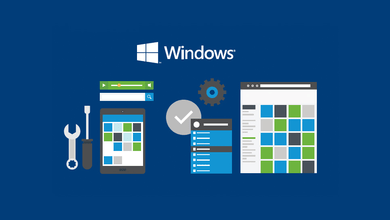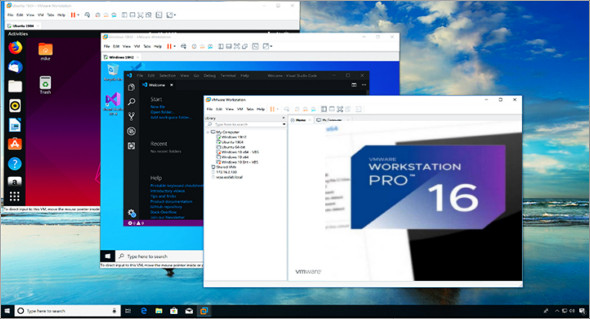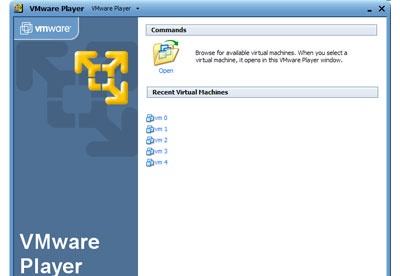


Your so-called evil 8 was just the beginning: it 9 you should be aware of. I like VMPlayer as well, running happily on vmx 9.0.1 but the sound issues you got are known here as well. Well the main reason for this: the interface doesn't need to be 圆4 the core itself is enough.Ī 64 bit interface will use a few megabytes more (wow! but we have enough memory for that I assume). Why is the program made in x86 if itself requires (during install) 圆4 in the first place? We need fully integration and native compatibility.

Those hybrid versions they make for Windows are inferior to their Linux versions of the same version and inferior to Hyper-V and VirtualBox even if they have better features. I want them (VMware) to fully switch to 圆4 builds as they do it on Linux (here they had no syswow64 to become lazy and rely on it). I'm testing my virtual machine to be sure that it's solved. When you will add sound.virtualDev = "hdaudio", remove sound.virtualDev = "es1371". If the sound is strange again at this moment, do the same thing but add this line first : sound.virtualDev = "es1371". There is no sound at this moment.Ħ) Open the vmx file with NotePad and add this line : sound.virtualDev = "hdaudio"ĩ) Open the vmx file with NotePad and remove this line : sound.virtualDev = "hdaudio"

In my case, I didn't have those lines.ģ) Start the virtual computer and eject the sound device in your Guest Windows XP (right click on the icon, right, bottom, on the taskbar).Ĥ) Restart the virtual machine. No line like : sound.virtualDev = "hdaudio" or sound.virtualDev = "es1371". I noticed that VMWare Workstation change setting in the vmx file when you eject device and restart the virtual machine.ġ) Be sure that the virtual sound card is added.Ģ) Open the vmx file with NotePad and remove any line that set the sound.virtualDev. Try this if you have the same issue and your have a Realtek HD Audio sound card on your host computer. Ok what I think I did to solve this issue.


 0 kommentar(er)
0 kommentar(er)
